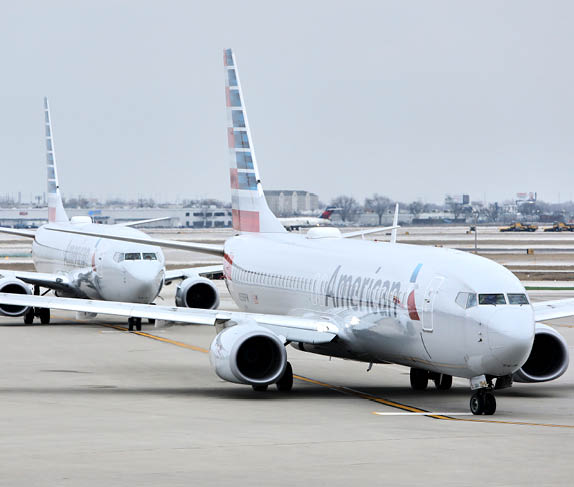Fitch Ratings has affirmed the Long-Term Foreign and Local Currency Issuer Default Ratings (LT FC/LC IDRs) of Embraer at 'BBB-' and its National Scale rating at 'AAA(bra)'. The Rating Outlook is Stable.
Fitch does not consider Brazil's country ceiling to be a rating constraint for Embraer at this time given the large cash holding by the company outside of Brazil, as well as it heavy focus on exports and growing business outside of Brazil. Based upon these factors, under Fitch's criteria Embraer could be rated up to three notches higher than the Brazilian country ceiling. Currently, Fitch rates Brazil's sovereign 'BB' and its country ceiling 'BB+'. Country Ceilings capture the risk of capital or exchange controls being imposed that would prevent or materially impede a private company's ability to convert local currency into foreign currency or to transfer foreign currency abroad to creditors.
Embraer retired some key risks over the past year, including settling the DOJ/SEC investigation and achieving first flights for key development programs. The company's exposure to the recently-ended Republic Airways bankruptcy also declined, and the company implemented a sizable cost reduction program.
Nonetheless, some elements of Embraer's outlook for 2017 and 2018 have deteriorated compared to Fitch's prior expectations, particularly in the areas of revenues, free cash flow (FCF), and aircraft deliveries. The main drivers of these reduced expectations include the weak business jet market, low commercial orders, and a more pronounced impact from Embraer's two major development programs, the E2 and the KC-390. Fitch believes Embraer's overall credit profile remains consistent with the 'BBB-' rating, but the amount of cushion at this level has been reduced due to the Outlook deterioration.
Low commercial aircraft orders in the past 12 months could put pressure on production rates as the company shifts to the updated E2 family over the next several years. Several pending order campaigns and fleet reviews by key customers are items to watch over the next several quarters. The lack of scope clause changes in the United States market is a concern regarding the future of the E175 E2 model over the intermediate term.

